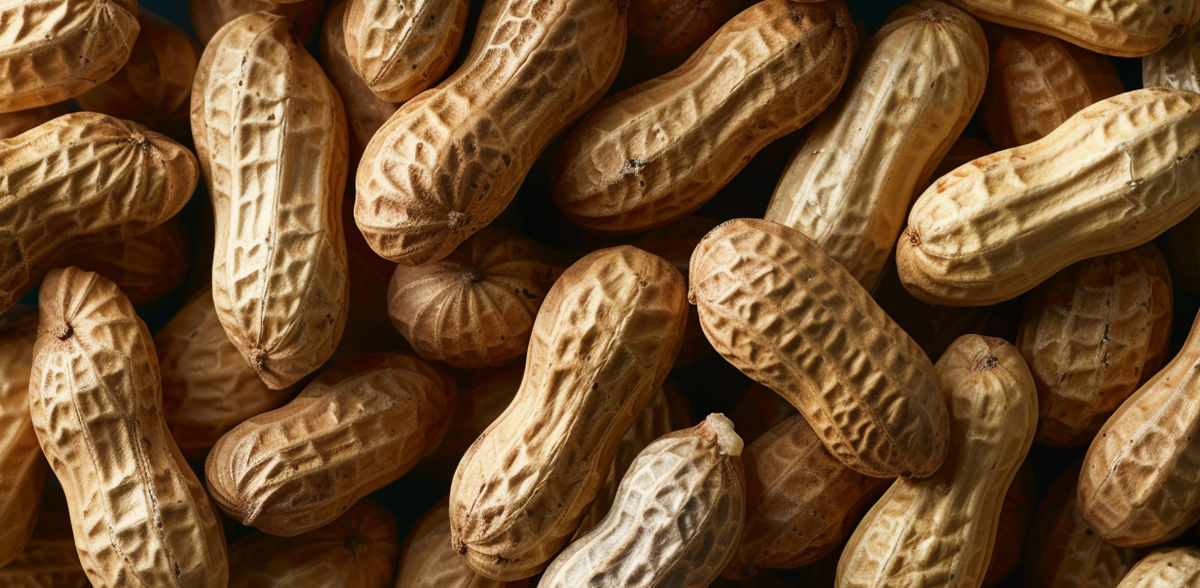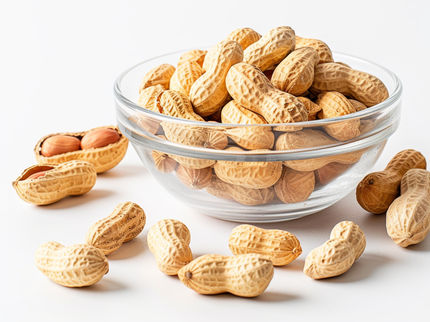Feeding infants peanut products protects against allergy into adolescence
Feeding children peanuts regularly from infancy to age five reduced the rate of peanut allergy in adolescence by 71%, even after many years when the children ate or avoided peanut as desired.
The new findings provide conclusive evidence that introducing peanuts into babies’ diets early will achieve long-term prevention of peanut allergy.
Lead investigator Professor Gideon Lack from King’s College London said: “Decades of advice to avoid peanuts has made parents fearful of introducing peanuts at an early age. The evidence is clear that early introduction of peanut in infancy induces long term tolerance and protects children from allergy well into adolescence. This simple intervention will make a remarkable difference to future generations and see peanut allergies plummet.”
Results from the LEAP-Trio trial are published in the NEJM Evidence by researchers from King’s College London and sponsored and co-funded by the US National Institutes of Health’s National Institute of Allergy and Infectious Diseases (NIAID).
Peanut allergy is rising in Western countries. The prevalence of peanut allergy is about 2% in young children in North America, UK, Western Europe, and Australia. For some, even small amounts of peanuts can lead to a life-threatening allergic reaction. This, as well as conflicting advice, has made parents and caregivers fearful of introducing peanuts into diets.
The new research findings come from the LEAP-Trio study, building on the results of the Learning Early About Peanut Allergy (LEAP) clinical trial. In the first trial, half of the participants were asked to regularly consume peanut from infancy until age 5 years, while the other half were asked to avoid peanuts during that period. Researchers found that early introduction of peanut reduced the risk of peanut allergy at age 5 by 81%.
The investigators followed up both groups from age 6 to age 12 or older. In that period, children could choose to eat peanut in whatever amount and frequency they wanted. They found that 15.4% of participants from the early childhood peanut-avoidance group and 4.4% from the early childhood peanut-consumption group had peanut allergy at age 12 or older. These results show that regular, early peanut consumption reduce the risk of peanut allergy in adolescence by 71% compared to early peanut avoidance.
Professor George Du Toit, Co-Lead Investigator from King’s College London said: “This is a safe and highly effective intervention which can be implemented as early as 4 months of age. The infant needs to be developmentally ready to start weaning and peanut should be introduced as a soft pureed paste or as peanut puffs.”
Most read news
Other news from the department science

Get the life science industry in your inbox
By submitting this form you agree that LUMITOS AG will send you the newsletter(s) selected above by email. Your data will not be passed on to third parties. Your data will be stored and processed in accordance with our data protection regulations. LUMITOS may contact you by email for the purpose of advertising or market and opinion surveys. You can revoke your consent at any time without giving reasons to LUMITOS AG, Ernst-Augustin-Str. 2, 12489 Berlin, Germany or by e-mail at revoke@lumitos.com with effect for the future. In addition, each email contains a link to unsubscribe from the corresponding newsletter.





















































